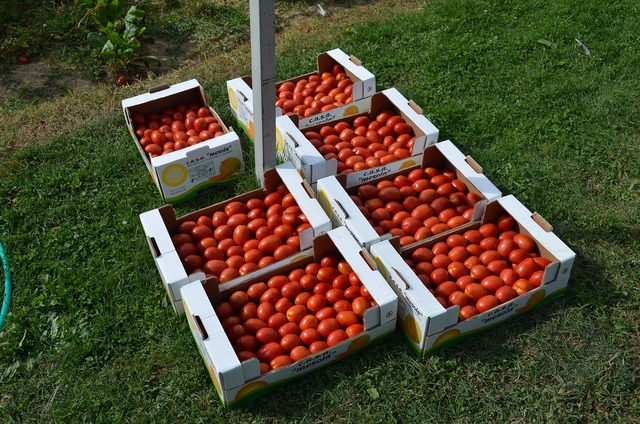Industry News
AD/CVD Petitions Filed for Corrugated Boxes from China and Vietnam
TweetMar. 19, 2025
By:
Austin J. Eighan
On March 18, 2025, a coalition of domestic polypropylene corrugated box (PCB) producers filed petitions with the U.S. Department of Commerce and the U.S. International Trade Commission (ITC) requesting the imposition of antidumping (AD) duties on U.S. imports of PCBs from the People’s Republic of China and the Socialist Republic of Vietnam, as well as countervailing (CVD) duties on Chinese PCBs. PCBs are used for packing, storing, or transporting other merchandise and are typically made by cutting, scoring, die-cutting, and then folding corrugated polypropylene sheets into containers.

The petitions allege that Chinese and Vietnamese producers are selling PCBs at less than fair value to undercut prices and gain a rapidly increasingly share of the domestic market – noting that PCB imports from China and Vietnam rose by 480.6% over the past three years. The petitions also claim that the Chinese government encourages PCB exports through countervailable subsidies, such as favorable export loans, preferential income tax treatment, and grants provided to PCB producers “to assist in the defense of trade disputes or the development of export markets.”
The proposed scope of the investigations covers merchandise that meets the following description:
- PCBs are boxes, totes, or other containers made of corrugated polypropylene sheets, also known as polypropylene hollow core sheets, polypropylene twin wall sheets, or multi wall sheets. Such polypropylene sheets are typically produced using a continuous extrusion process from a plastic resin consisting of 50 percent or more polypropylene.
- PCBs are covered by the scope irrespective of the particular mix of polypropylene homo-polymer, polypropylene co-polymer, recycled or virgin polypropylene, or ancillary chemicals such as electrostatic agents or flame retardants. PCBs are formed by corrugated polypropylene sheets cut to discrete lengths, scored for folding edges, and die-cut into specific box formats. PCBs may be printed with ink or digital designs. PCBs may enter the United States in folded form or may enter unfolded and later be constructed to form a box shape with a bottom wall and side walls. Unfolded and constructed PCBs may have manufacturers' joints to retain their final shape.
- The subject merchandise includes PCBs with or without handles, with or without lids or tops, with or without reinforcing wire, and whether in a one-piece or multi-piece configuration.
- The products subject to the investigations are currently classified in the Harmonized Tariff Schedule of the United States (HTSUS) under statistical reporting number 3923.10.9000. Although the HTSUS statistical reporting number is provided for convenience and customs purposes, the written description of the merchandise is dispositive.
The petitioners calculated average dumping margins of between 74.63% to 83.49%, which could serve as the AD duty rate if Commerce and the ITC affirmatively find that PCB imports are causing material injury and/or threat of material injury to domestic industry.
Commerce’s International Trade Administration will have 20 days to decide whether to launch an investigation and the ITC will issue its preliminary determinations within 45 days of the investigation initiation. However, interested parties wishing to file comments on industry support must do so no later than March 31, 2025, with rebuttal comments then due on April 2, 2025.
If your company has concerns about the scope of the case, managing imports during the course of the investigations, or would like to submit a comment, please reach out to one of our attorneys at Barnes, Richardson & Colburn.
